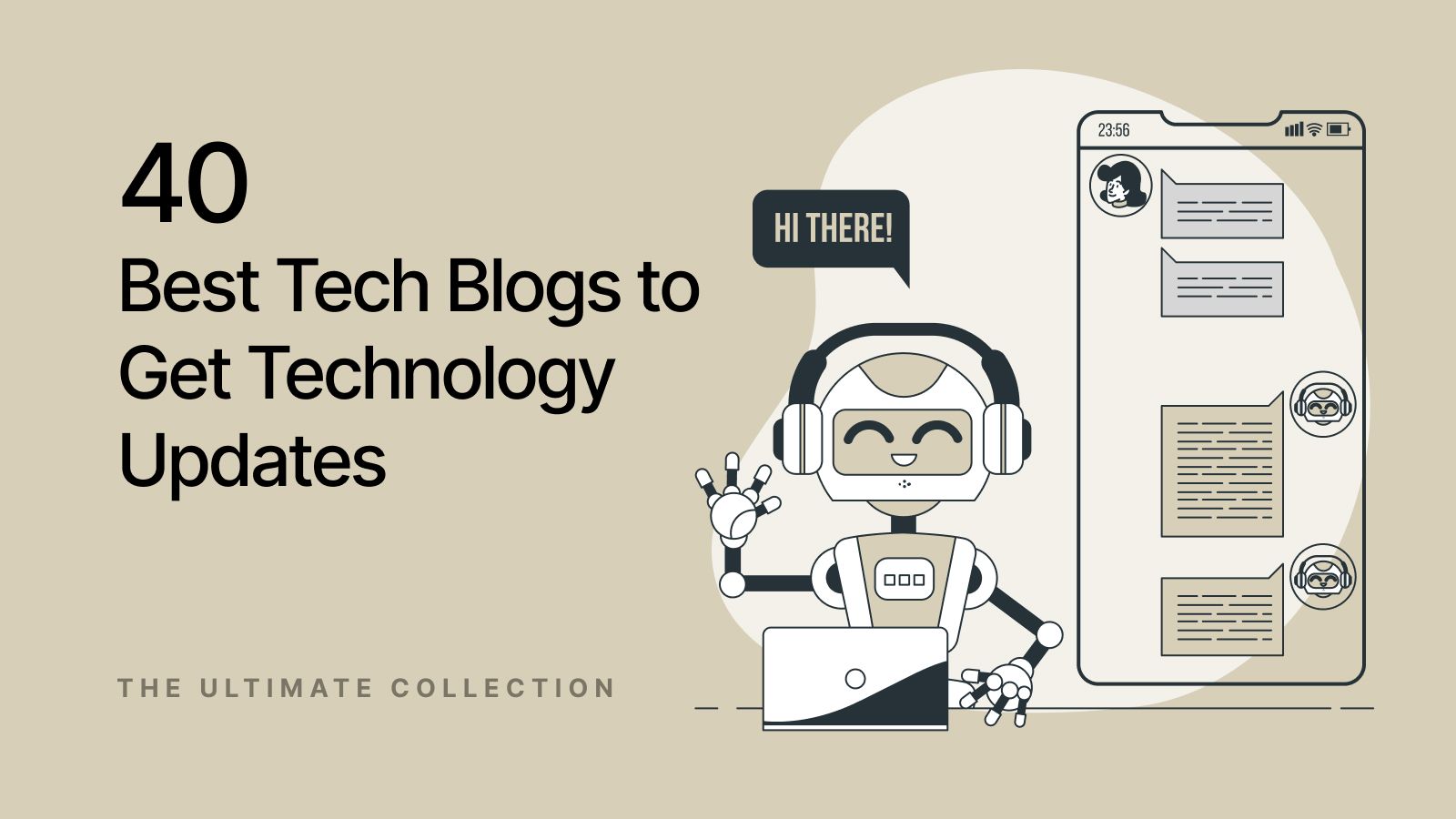Exactly How Blockchain Modern Technology Is Revolutionizing Data Safety And Security
Blockchain innovation is essentially modifying the landscape of data safety and security by presenting a decentralized framework that guarantees boosted transparency and resilience. Unlike traditional systems, which count on central information databases, blockchain disperses information throughout a network, reducing vulnerabilities and single factors of failing. The usage of sophisticated cryptographic methods makes sure that information continues to be tamper-proof, cultivating trust fund amongst stakeholders and users.
The Essentials of Blockchain
Blockchain technology, an innovative idea in electronic data monitoring, essentially transforms just how info is stored and secured. At its core, a blockchain is a distributed ledger that videotapes purchases throughout a network of computer systems, ensuring transparency and immutability.
Secret to comprehending blockchain is the hashing process, which encrypts purchase information right into a special alphanumeric code. This cryptographic function makes sure that any alteration in the deal information results in a completely various hash, thus securing against tampering. The consensus system, one more important part, validates and verifies new deals with a network of nodes, therefore removing the need for a centralized authority.
In addition, blockchain's append-only framework makes sure that information, when added, can not be removed or altered. This characteristic assurances a proven and irreversible record of deals, fostering count on amongst participants. Consequently, blockchain gives a durable structure for information stability, offering markets a trustworthy approach for monitoring and handling digital details in a protected, clear fashion.
Decentralization and Security
Decentralization, a core principle of blockchain technology, dramatically boosts data safety by dispersing control throughout a network instead of counting on a singular, central entity. This distribution alleviates the risk of single points of failure, which prevail in traditional centralized systems. By distributing information throughout various nodes, blockchain guarantees that even if one node is compromised, the entire network remains safe. This redundancy not only strengthens the stability of the information but likewise enhances its strength to cyberattacks and system failings.

Each individual in the network has access to the whole blockchain, enabling them to validate and audit deals separately. In general, decentralization is crucial in enhancing data safety and security in blockchain networks.

Cryptographic Methods
At the heart of blockchain innovation, cryptographic strategies play a crucial function in guarding information, guaranteeing both privacy and honesty. Cryptography in blockchain uses a combination of asymmetric and symmetrical algorithms to secure information, making it obtainable only to licensed parties.
Hash functions are one more crucial component, changing input information right into a fixed-size string of personalities, properly producing a distinct digital finger print for each block. This makes certain that any effort to alter the data will lead to a totally various hash, hence keeping the immutability of the blockchain. Moreover, electronic signatures validate the credibility and integrity of deals, offering a layer of non-repudiation.
The link decentralized nature of blockchain, incorporated with robust cryptographic methods, gets rid of the demand for intermediaries, lowering possible susceptabilities. As blockchain innovation progresses, advancements in cryptography such as zero-knowledge evidence and homomorphic security proceed to boost security actions, further strengthening data defense in this advanced electronic ledger system.
Usage Cases Across Industries

In the health care sector, blockchain makes certain the safe and secure storage space and sharing of person documents, promoting interoperability while securing delicate information from unapproved access. This modern technology empowers people with control over their case history and promotes smooth sychronisation among doctor.
Supply chain administration benefits considerably from blockchain's immutable ledger, which makes sure traceability and authenticity of items from origin to consumer. By boosting transparency, blockchain helps reduce issues such as counterfeiting and underhanded sourcing.
In addition, blockchain's decentralized nature is reshaping the power sector by making it possible for peer-to-peer power trading, where customers can deal excess renewable resource directly. This cultivates a much more lasting and effective power environment.
In the realm of copyright, blockchain gives a tamper-proof platform for designers to sign up and safeguard their jobs, making sure click now rightful attribution and fair settlement. These diverse use instances underline blockchain's function as a crucial force in redefining data safety and security throughout sectors.
Future of Data Defense
As we want to the future of information defense, blockchain modern technology is positioned to play a critical duty in protecting electronic details. With its decentralized and unalterable attributes, blockchain provides a durable structure for safeguarding delicate information versus unapproved gain access to and cyber risks. This innovation makes certain that as soon as information is tape-recorded, it is virtually impossible to alter without discovery, hence providing a considerable benefit over standard information storage techniques.
The combination of blockchain with other advanced technologies, such as expert system and the Internet of Points (IoT), is anticipated to boost data security techniques even more. By leveraging clever agreements, companies can apply and automate protection protocols, reducing human error and boosting efficiency. In addition, blockchain's capacity to give deducible and transparent purchases will strengthen trust and liability in information monitoring methods.
As regulative landscapes develop, blockchain's compliance-friendly nature will end up being progressively relevant. It can assist organizations fulfill stringent information protection laws, such as the General Data Security Law (GDPR) and the California Consumer Personal Privacy Act (CCPA), by providing verifiable documents of data processing tasks. Ultimately, blockchain's unique features position it as a transformative tool in the ongoing quest to secure the digital world against ever-evolving cyber hazards.
Final Thought
Blockchain technology represents a paradigm shift in information protection by leveraging decentralization and cryptographic techniques to enhance transparency, count on, and data integrity. Its capability to eliminate single points of failure and utilize consensus systems substantially reduces the risk of fraud and cyberattacks. This innovative structure not just equips users with higher control over their information yet additionally straightens with regulative compliance. As cyber hazards progress, blockchain emerges as a vital tool for robust information protection across different markets.
Blockchain technology is basically changing the landscape of information safety by introducing a decentralized framework that promises enhanced openness and durability. Unlike traditional systems, which depend on central data repositories, blockchain disperses information throughout a network, decreasing vulnerabilities and solitary factors of failure.Decentralization, a core principle of blockchain innovation, dramatically improves data protection by dispersing control across a network rather than counting on a single, centralized entity.At the heart of blockchain modern technology, cryptographic methods play a pivotal role in protecting data, making sure both confidentiality and integrity.Blockchain innovation represents a paradigm change in data safety and security by leveraging decentralization and cryptographic techniques to improve transparency, count on, and data integrity.